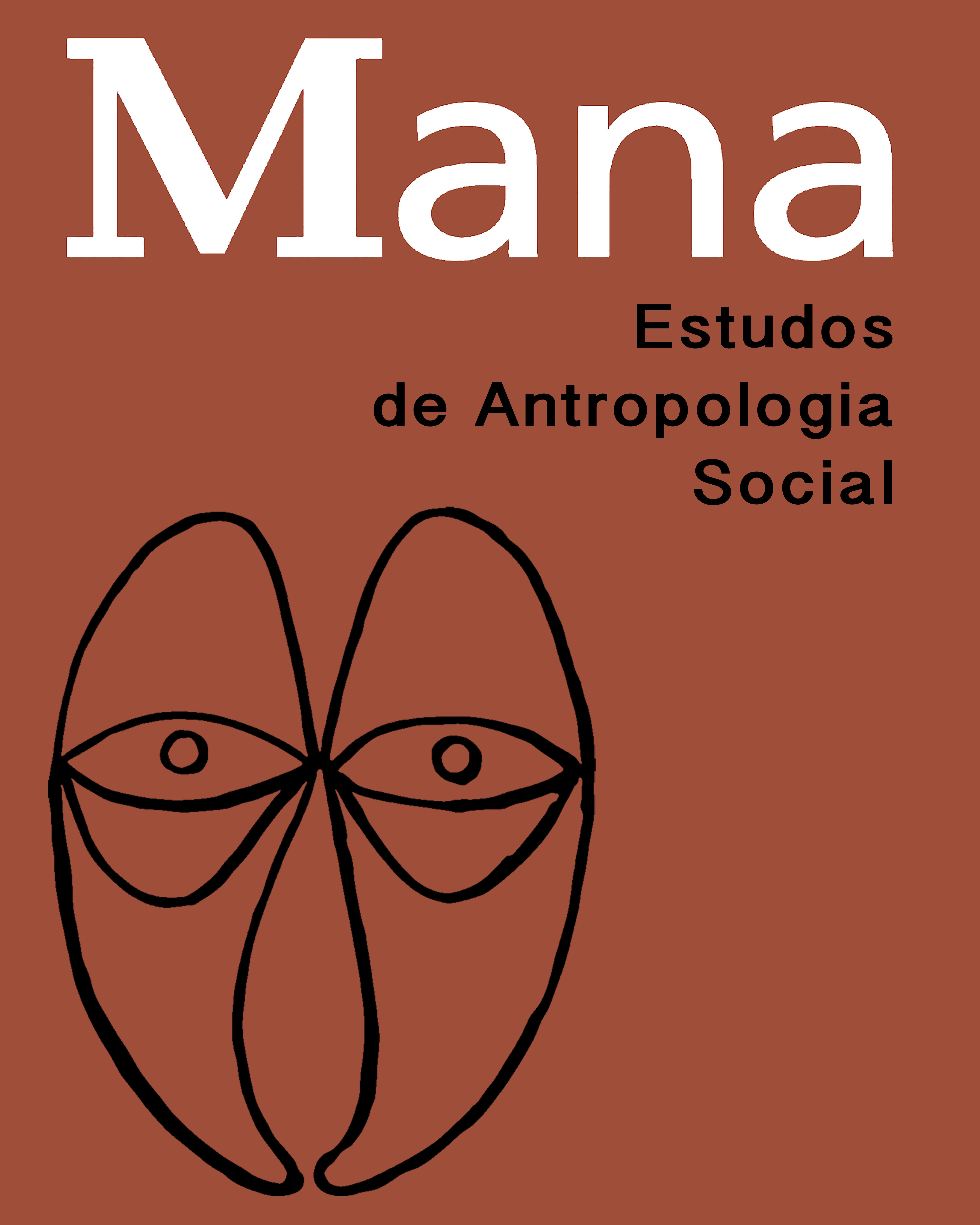This article explores a critical link between two concepts which are central to the social sciences: the idea of liminarity, engendered by the anthropological tradition of self-centred and self-referred monographic studies; and the idea of individuality, a key concept within the classical tradition of the socio-historical studies of great civilizations (as well as being the crucial and familiar category of our civil and political universe). The author seeks to show how a bridge can be established between these two concepts, which may at first appear distant, by focusing on certain under-discussed aspects of rites of passage. It is argued that the "liminal" stage of rites of passage is tied to the ambiguity brought about through the isolation and individualization of the initiate. It is therefore the experience of being "outside-the-world" which brings about and characterises liminal states, and not the other way around in short, it is individuality which engenders liminarity. Rites of passage transform this experience into complimentarity, into an immersion into a network of social relationships, which the ordeals, in contrast, establish as a model for the plenitude of social life.
